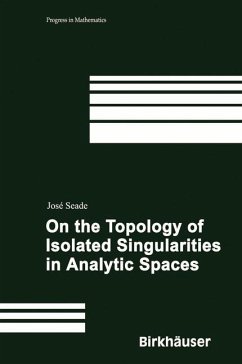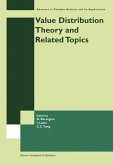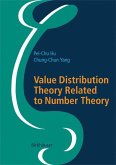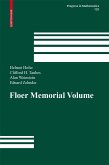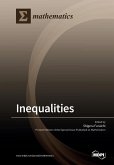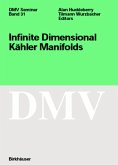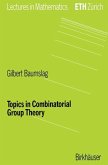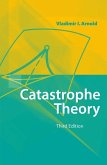The aim of this book is to give an overview of selected topics on the topology of real and complex isolated singularities, with emphasis on its relations to other branches of geometry and topology.
The first chapters are mostly devoted to complex singularities and a myriad of results spread in a vast literature, which are presented here in a unified way, accessible to non-specialists. Among the topics are the fibration theorems of Milnor; the relation with 3-dimensional Lie groups; exotic spheres; spin structures and 3-manifold invariants; the geometry of quadrics and Arnold's theorem which states that the complex projective plane modulo conjugation is the 4-sphere.
The second part of the book studies pioneer work about real analytic singularities which arise from the topological and geometric study of holomorphic vector fields and foliations. In the low dimensional case these turn out to be related to fibred links in the 3-sphere defined by meromorphic functions. Thisprovides new methods for constructing manifolds equipped with a rich geometry.
The book is largely self-contained and serves a wide audience of graduate students, mathematicians and researchers interested in geometry and topology.
The first chapters are mostly devoted to complex singularities and a myriad of results spread in a vast literature, which are presented here in a unified way, accessible to non-specialists. Among the topics are the fibration theorems of Milnor; the relation with 3-dimensional Lie groups; exotic spheres; spin structures and 3-manifold invariants; the geometry of quadrics and Arnold's theorem which states that the complex projective plane modulo conjugation is the 4-sphere.
The second part of the book studies pioneer work about real analytic singularities which arise from the topological and geometric study of holomorphic vector fields and foliations. In the low dimensional case these turn out to be related to fibred links in the 3-sphere defined by meromorphic functions. Thisprovides new methods for constructing manifolds equipped with a rich geometry.
The book is largely self-contained and serves a wide audience of graduate students, mathematicians and researchers interested in geometry and topology.

